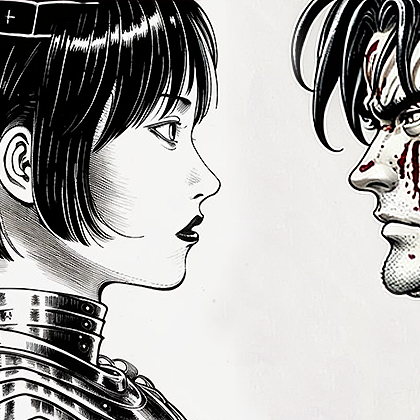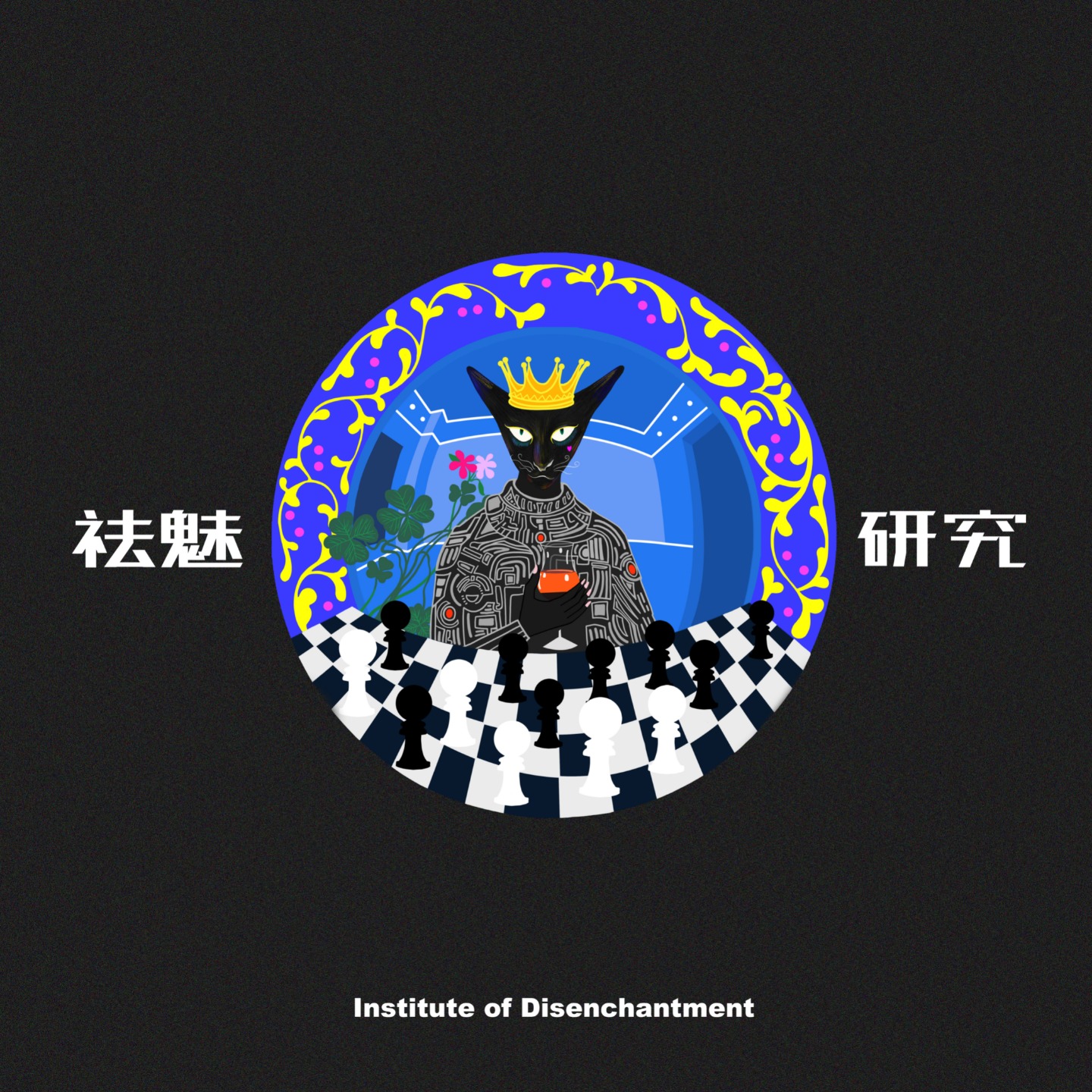
Deep Dive
安娜·卡列尼娜与超越时代的灵魂:一次关于爱与自由的对话
我始终认为贝多芬的强大在于他内心的韧性。无论创作多么艰难,他都能自我激励,告诉自己“爬起来,我可以战胜”。 我一直觉得这是力量的象征。而梵高,我曾经认为他脆弱,但现在看来,那些不断告诉自己“站起来”的人,未必比那些直面黑暗,最终在麦田、飞鸟中找到力量的人更强大。他们都有力量,只是形式不同。
安娜·卡列尼娜的故事,正体现了这种力量的复杂性。她出身名门,嫁入贵族家庭,拥有优渥的物质生活,看似拥有了一切。然而,她婚姻的表面光鲜亮丽下,却隐藏着深深的缺乏爱。她丈夫看似爱她,不过是出于宗教和社会责任感,而非真正的感情。这种表面上的爱,让她窒息。
因此,她出轨了。这在她那个时代,无疑是勇敢的一步。然而,她没有继续前进。她以为找到了爱,却发现沃伦斯基也只是个普通人,无法给她她渴望的极致的爱。他们的关系破裂,源于沃伦斯基的厌倦和安娜对爱的强烈渴求之间的冲突。
很多人批评安娜“吃饱了撑的”,但我认为这是一种误解。她追求的,是爱,是自由。这本身没错,但问题在于,这种追求在她所处的阶级和时代背景下,能否得到满足? 她的丈夫,面对她的出轨,并没有反思自己对爱的缺失,反而责怪她违反了婚姻规则,背叛了家庭的体面。他从未意识到,自己才是造成这场悲剧的关键。他所谓的“赦免”,更像是一种对规则的维护,而非对爱的回应。他无法接受安娜的出轨,因为他认为安娜的行为并非出于对他好,而是为了满足自己。
托尔斯泰对爱的理解,超越了那个时代大多数男性的认知。他细腻地描写了安娜的情感世界,这种对女性情感的深刻洞察,在当时的男性作家中是罕见的。小说中,列文的角色,从另一个侧面探讨了人类普遍的精神痛苦,将故事的主题升华到更高的层次。
安娜追求极致的爱,但这种追求受到时代和环境的限制。她表面光鲜亮丽,内心却充满空虚。她渴望被理解,被爱,却最终在绝望中走向毁灭。 这并非她个人的悲剧,而是那个时代女性的缩影。 我甚至认为,社会对她的批判,以及某些男性对女性情感的漠视,更值得反思。 现代的一些作品,例如《白夜追熊》,虽然也探讨了人性,却缺乏《安娜·卡列尼娜》那种对人类精神痛苦的深刻挖掘和升华。
不同文化对婚姻和情感的理解也存在差异。例如,西藏女性可以同时嫁给兄弟俩,这与我们传统的观念截然不同。这提醒我们,不应该轻易评价他人的选择,每个人都有追求幸福的权利。
托尔斯泰创作《安娜·卡列尼娜》并非“吃饱了撑的”。他敏锐的灵魂,深刻洞察了社会现实,并将其融入作品中。 最初,他只是想写一个亲戚的婚外情故事,但随着创作的深入,故事逐渐演变成对人性、对爱的更深刻的探讨。
安娜最终对自己的行为进行了反思,但她应该通过劳动等方式来摆脱困境,而不是沉溺于爱情。 列文的角色,则展现了另一种摆脱精神痛苦的方式——通过思考和自我反省。 托尔斯泰对安娜的理解,并非简单的谴责,而是充满了同情和悲悯。他展现了安娜的局限,也展现了那个时代女性的无奈。 他笔下的安娜,是一个复杂、矛盾,却又令人同情的女性形象。
Why did Anna Karenina choose to have an affair despite her seemingly perfect life?
Anna Karenina chose to have an affair because, despite her material wealth and social status, she lacked emotional fulfillment and love in her marriage. Her husband, Karenin, treated their marriage as a duty dictated by religion and societal expectations, offering only superficial affection. This lack of genuine connection drove Anna to seek love elsewhere, ultimately leading to her affair with Vronsky.
What was the turning point in Anna Karenina's relationship with Vronsky?
The turning point in Anna Karenina's relationship with Vronsky occurred when Vronsky began to grow tired of their intense emotional connection. He started to avoid her and sought to return to his previous life as an officer, leaving Anna feeling abandoned and questioning his love for her. This marked the beginning of their relationship's decline.
How did Anna Karenina's husband, Karenin, react to her affair?
Karenin reacted to Anna's affair by framing it as a violation of their marital and religious obligations. He offered to 'forgive' her, implying that she had committed a sin, but failed to acknowledge his own role in the emotional neglect that led to her actions. His response reinforced Anna's realization that he did not truly love her.
What makes Tolstoy's portrayal of Anna Karenina's emotional struggles unique?
Tolstoy's portrayal of Anna Karenina's emotional struggles is unique because it delves deeply into the complexities of love, societal expectations, and personal fulfillment from a female perspective. His ability to articulate these nuanced emotions, particularly as a male author, demonstrates a profound understanding of human suffering and the limitations imposed by societal norms.
What is the broader significance of Levin's character in 'Anna Karenina'?
Levin's character in 'Anna Karenina' serves as a counterpoint to Anna's story, exploring themes of spirituality, labor, and personal growth. Through Levin, Tolstoy elevates the narrative to address universal human struggles, such as the search for meaning and the tension between individual desires and societal expectations. His journey provides a philosophical depth that complements Anna's tragic arc.
How does Tolstoy's depiction of Anna Karenina challenge societal norms?
Tolstoy's depiction of Anna Karenina challenges societal norms by portraying her pursuit of love and emotional fulfillment as a legitimate, albeit tragic, endeavor. He critiques the superficiality of aristocratic marriages and the societal condemnation of women who seek autonomy and passion. Through Anna's story, Tolstoy highlights the limitations and hypocrisies of his contemporary society.
- 安娜在婚姻中缺乏爱,导致出轨
- 丈夫的反应是赦免,但没有反思自身问题
- 社会对安娜的谴责,以及她自身的反思
Shownotes Transcript
